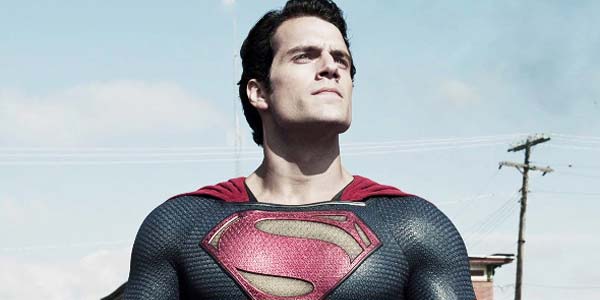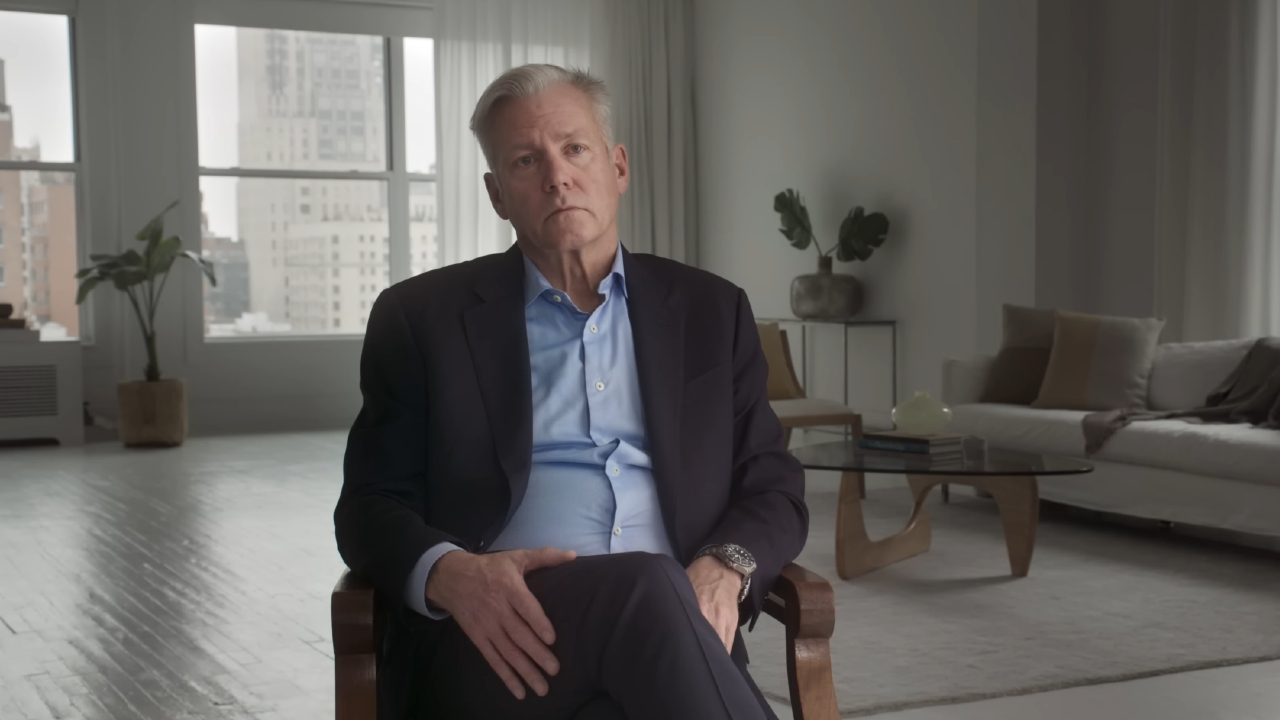
No matter where you stand on the issue of Superman saving or not saving people in Man Of Steel, the facts are clear to the make-believe people in the fictional city of Metropolis: Superman is an alien, and his fellow aliens destroyed a major metropolitan area. That's not a good look for a guy trying to be a hero. While some will believe that Superman does good in the city, it's clear from early word on Batman V. Superman: Dawn Of Justice that the public isn't necessarily on the side of the Last Son Of Krypton. And that could lead to a major problem.
As we reported, someone on set claims that "there's a very anti-Superman theme to the film, which includes people marching in the streets in protest against him." Which gives you a whole lot to process, and suggests a strong undercurrent of negativity that accompanies the statue erected in his honor.
It also raises a ton of questions. First of all, is this the Superman of The Dark Knight Returns? The red and blue hero who is viewed negatively for working with the government? Does Henry Cavill's Superman make some sort of deal to help rebuild the city? Does this deal involve the occasional law enforcement? And does that mean that the people are upset because they have a possibly-homicidal watchman looking over them? Because as far as angles on superhero stories, that's sort of plausible, and really the only reason any sort of "protest" wouldn't be pointless.
Snyder and co. may or may not try to deny this, but it really seems like they are going to the Frank Miller well again. And Miller has always been a pretty reactionary guy who puts his politics ahead of storytelling: his Batman in The Dark Knight Returns is considered the definitive Batman, but his Superman in the same story is far from the most accurate, or affectionate, portrayal. If this film has Superman involved in rebuilding Metropolis, it's a more organic way to have him involved with the government, and therefore more easily embedded in the pocket of special interests, the same that would try to take down someone like Batman under the guise of "stopping bank robberies," or whatever it is Superman has been doing in between Man Of Steel and the new movie.
But secondly, this distinction is key: is there a very anti-Superman theme IN the film? Or TO the film, as the quote says? If it's the former, that makes sense: Superman will have to find a way to win back the public's trust, and it's not going to come from punching another superpowered individual through a bunch of IHOPS. He'll have to go from being a defender to being a hero, going out and creating that example that can inspire people. Sure, he did some heroic stuff in Man Of Steel, but as far as the actual people in that universe, he's only "inspired" more construction workers to clean up his messes.
If it's the latter, that's DEEPLY worrying. Superman is the greatest of the superheroes, and the films keep diminishing that. Superman II was the last time we saw an altruistic beacon of hope within the character onscreen. Superman III had him share the stage with Richard Pryor and get poisoned by synthetic Kryptonite, and Superman IV took him to the U.N. to scarily demand that all nations surrender to his orders. Warner Bros. took years and years to make Superman Returns, and the approach turned him into a lovelorn god, desperate to pass on his legacy to an uncaring world, to have something to call his own. It was a $200 million film about loneliness. And now Man Of Steel has reintroduced the character as a bulldozer, with optimistic fans promising he'll "evolve" in the sequel.
If this approach is accurate, then Superman is indeed taking a backseat to Batman, and again being turned into a too-powerful demigod with questionable judgment, and not the hero who believed in the good of people and fought to protect the ideals of his adopted planet. Superman is a tough character because his ideals are simple, but complex: he fights for truth and justice, but notice the order. He believes the truth is more important, and within that truth there is belief: belief that there's a hero in all of us, waiting to come out, and that we may sometimes need reminders. That's why he's persisted, that's why he's iconic.
Your Daily Blend of Entertainment News
Snyder has a practical question to answer here as well. He's about to unleash a boatload of new heroes into the DC universe, if recent announcements are true. You can bet your cape and cowl that one of the upcoming unannounced movies is Justice League, and that Snyder will be intimately involved and probably even direct. In a movie like that, Superman will be surrounded by characters like Wonder Woman, the Flash, Martian Manhunter, Aquaman, and plenty others who duplicate Superman's powers. Aside from the obvious characterizations one could offer, how will Superman become a leader of these guys?
Superhero films inevitably reach the crucial question, "Why does the world need [X] hero?" Heck Superman Returns asked it explicitly in a Lois Lane-penned newspaper article. And the answer is always an inevitable deus ex machina basically stating, "Because humans can't take care of themselves, and also look, that bad guy." But we've gone 30 years without a proud Superman onscreen living up to his name, being a "super man" for the downtrodden, the oppressed, the disaffected. Snyder needs to build him up, not only as a principled hero, but as a leader, one distinct and unique. He needs to answer the question, "Why do we need Superman?" And it doesn't sound like he's trying to.
